Portinari Marble
 Brazil
Brazil
Portinari Marble is a kind of white marble quarried in Brazil. This stone is especially good for Building stone,countertops, sinks, monuments, pool coping, sills, ornamental stone, interior, exterior, wall, floor , paving and other design projects. It also called Branco Portinari Marble . Portinari Marble can be processed into Polished, Sawn Cut, Sanded, Rockfaced, Sandblasted, Tumbled and so on.

Can Brazil's Portinari Marble be used exterior applications in very dusty climates?

Are there color variations of Brazil's Portinari Marble?

What grade is Brazil's Portinari Marble?

Can Brazil's Portinari Marble be used in floor coverings?

What is the average density of Brazil's Portinari Marble?

Is Brazil's Portinari Marble an expensive stone?

How thick is Brazil's Portinari Marble slabs?

Can Brazil's Portinari Marble be used in a office?

Can Brazil's Portinari Marble be used outdoors?

What is the coefficient of friction of Filled Brazil's Portinari Marble tiles?
-

 Brazil
Brazil
 9YRDiamond members are premium members on platform, providing members with comprehensive approach to promoting their products, increasing products exposure and investment return to maximize.
9YRDiamond members are premium members on platform, providing members with comprehensive approach to promoting their products, increasing products exposure and investment return to maximize.
 Verified Supplier is for prove company authenticity,including business license,trade license and effective office space,to enhance buyers' trust to suppliers and their products, reducing communication costs.
Verified Supplier is for prove company authenticity,including business license,trade license and effective office space,to enhance buyers' trust to suppliers and their products, reducing communication costs.
Contact Supplier
-

Shenzhen Fenghua Industry Co.,Ltd.
 China
China
 3YRDiamond members are premium members on platform, providing members with comprehensive approach to promoting their products, increasing products exposure and investment return to maximize.
3YRDiamond members are premium members on platform, providing members with comprehensive approach to promoting their products, increasing products exposure and investment return to maximize.
 Verified Supplier is for prove company authenticity,including business license,trade license and effective office space,to enhance buyers' trust to suppliers and their products, reducing communication costs.
Verified Supplier is for prove company authenticity,including business license,trade license and effective office space,to enhance buyers' trust to suppliers and their products, reducing communication costs.
Contact Supplier
-

-

-

-

Xiamen Asian Stone Imp.& Exp. Co.,Ltd.
 China
China
 13YRDiamond members are premium members on platform, providing members with comprehensive approach to promoting their products, increasing products exposure and investment return to maximize.
13YRDiamond members are premium members on platform, providing members with comprehensive approach to promoting their products, increasing products exposure and investment return to maximize.
 Verified Supplier is for prove company authenticity,including business license,trade license and effective office space,to enhance buyers' trust to suppliers and their products, reducing communication costs.
Verified Supplier is for prove company authenticity,including business license,trade license and effective office space,to enhance buyers' trust to suppliers and their products, reducing communication costs.
Contact Supplier
-

The request includes: 1. surface finished, size 2. quantity required






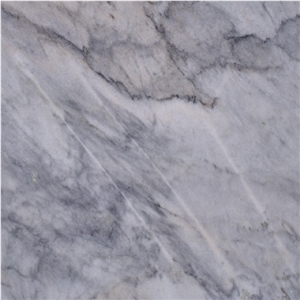
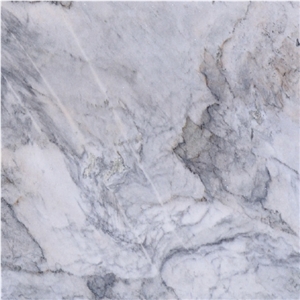
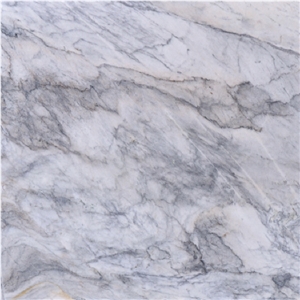
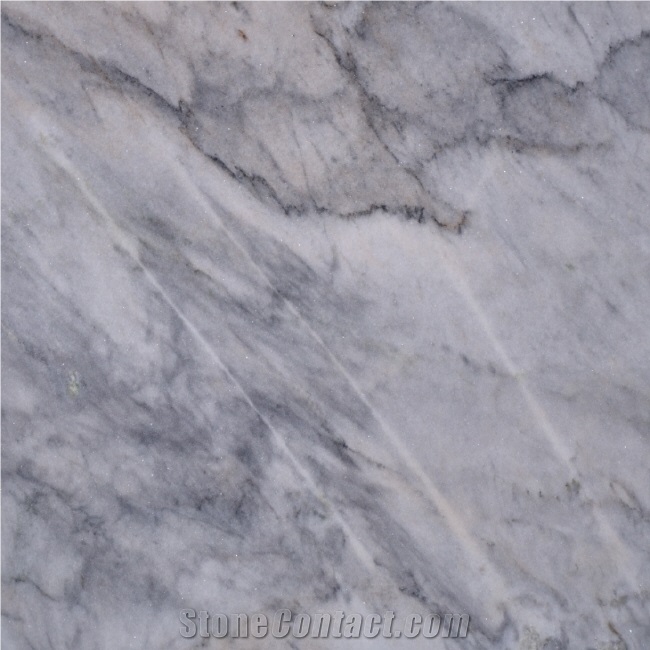
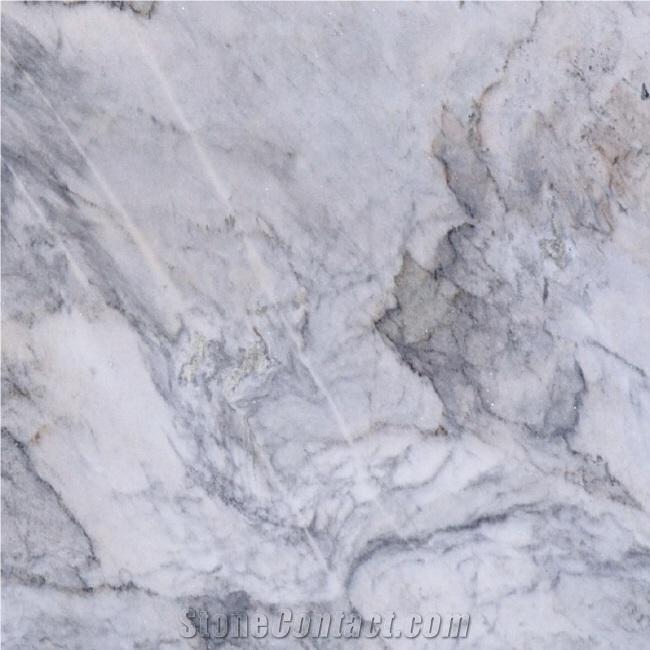
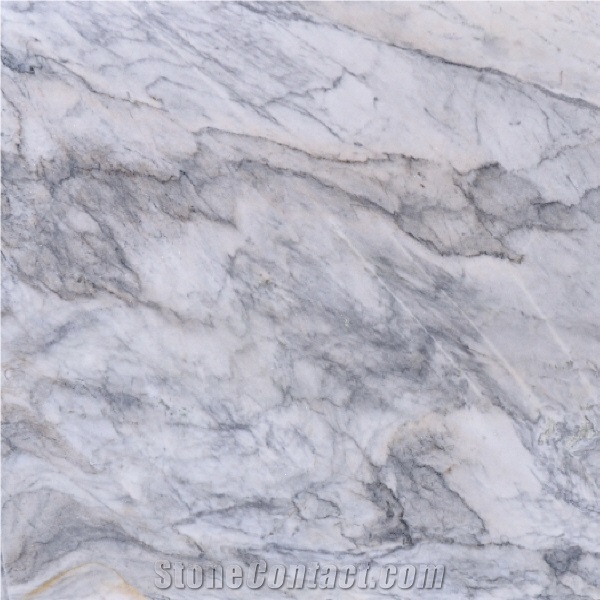
 United States
United States